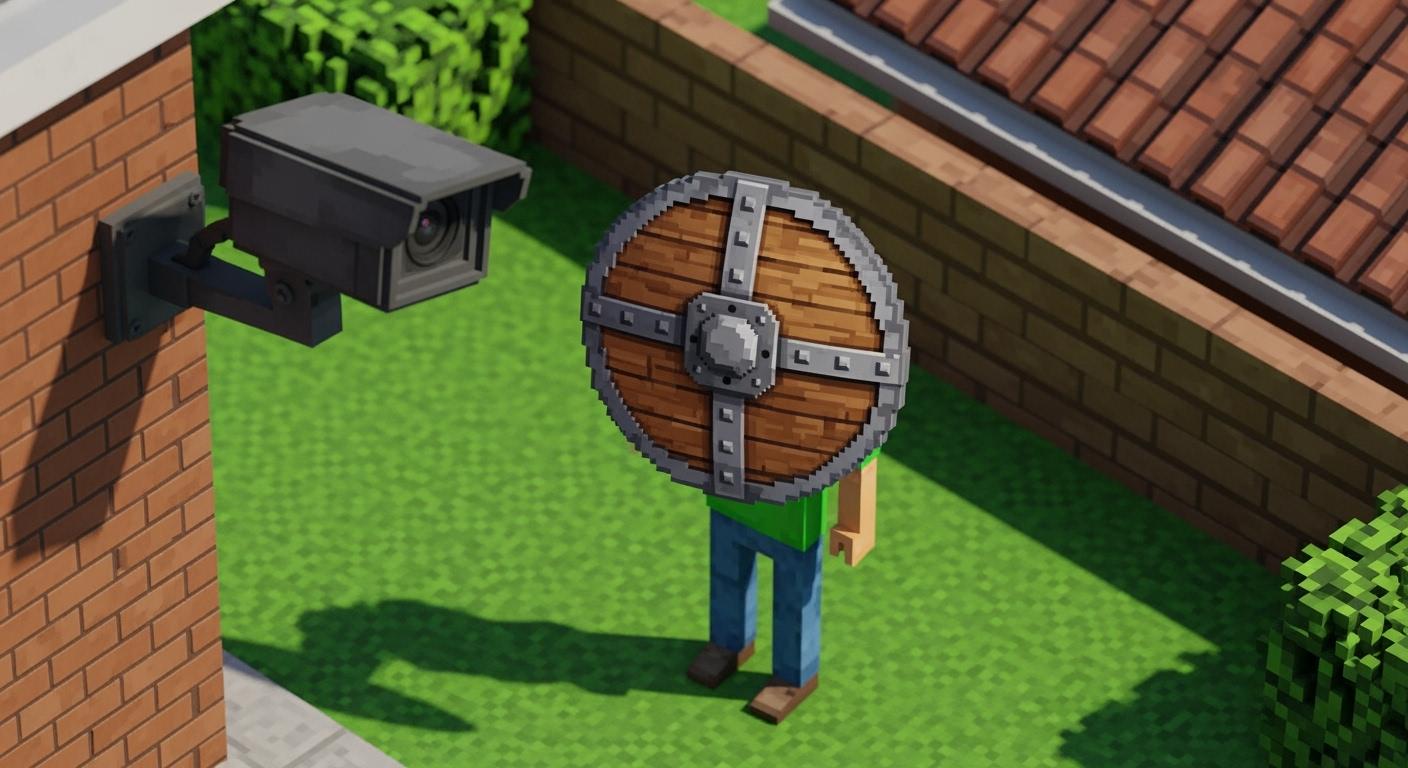
You want to block neighbors from invading your privacy with their security cameras. Keeping your privacy safe is essential, as feeling watched at home can make you upset and worried. Here are ten things you can do:
- Talk to your neighbor
- Build a privacy fence
- Use screens or walls
- Install curtains
- Plant tall shrubs
- Apply privacy film
- Adjust lighting
- Use decorative objects
- Seek mediation
- Consider legal action
Check your local laws before you do anything.
Key Takeaways
- Begin by talking nicely with your neighbor. Sometimes, neighbors do not know their camera faces your yard.
- Look up your local laws before you do anything. Knowing your rights helps you stay out of trouble.
- Think about using tall bushes or trees as barriers. They give you privacy and make your yard look better.
Quick Ways to Block Neighbors Security Camera
10 Methods at a Glance
If you want to block neighbors security camera, you have plenty of practical methods to choose from. Here are ten solutions you can try right away:
-
Talk to Your Neighbor
Start with a friendly conversation. Sometimes, your neighbor does not realize their camera points at your property. You might solve the problem just by asking. -
Check Local Laws
Before you take action, look up the rules in your area. Some places have strict laws about privacy and cameras. -
Plant Tall Trees or Shrubs
Greenery works wonders. Tall plants or thick shrubs can block the security camera and add beauty to your yard. -
Install Privacy Fences or Screens
A fence or privacy screen gives you instant coverage. Pick a style that matches your home and meets local codes. -
Use Natural Barriers
Hedges or trellises with climbing plants create a living wall. These barriers look nice and block neighbor's security camera. -
Hang Curtains or Blinds
Inside your home, curtains or blinds keep prying eyes out. You control what others see. -
Set Up Infrared Lights
At night, infrared lights can confuse some cameras. This method works best for outdoor spaces. -
Apply Anti-Reflective Coatings
Special coatings on your windows reduce glare and reflections. Cameras struggle to capture clear images. -
Use Privacy Films or Tinting
Privacy film sticks to your windows and blocks the view from outside. It is easy to install and affordable. -
Place Strategic Obstructions
Decorative objects, garden art, or even outdoor furniture can block the camera’s line of sight.
Tip: Try combining several practical methods for the best results. You can block neighbors and protect your privacy with simple solutions.
Legal Considerations Before Blocking a Neighbor's Security Camera
Privacy Laws and Your Rights
You should learn about your rights before you block neighbors from watching your home. Different countries and states have their own rules about security cameras and privacy. You have the right to privacy in your house and yard. You should feel safe from being recorded where you expect privacy, like bedrooms or bathrooms.
Here’s a quick look at privacy laws in different places:
| Region | Key Privacy Laws |
|---|---|
| United States | - Video surveillance in public areas is usually allowed. |
| - People who own property must respect others’ privacy. | |
| - Employers must balance safety and employee privacy. | |
| Asia | - China has lots of public cameras but also privacy rules. |
| - Japan needs clear signs for cameras and limits facial recognition. | |
| - Singapore allows cameras in public with few rules. | |
| Middle East | - UAE uses cameras often but needs consent sometimes. |
| Africa | - South Africa has strong privacy laws for CCTV, including consent and data protection. |
In the United States, some states like Delaware, Iowa, and New Jersey have special rules. You may need permission or signs if you use cameras. Many states have new laws about how video is collected and shared.
Legal Risks of Blocking the Security Camera
Blocking a neighbor’s security camera can cause legal problems if you break the rules. You cannot break or mess with someone else’s property. If you block neighbors by force or damage their camera, you could get fined or sued. Always choose ways that respect your privacy and your neighbor’s rights.
Think about the law before you do anything. Where and how cameras are used is important. You want to keep your privacy, but you should not cause problems for your neighbor. The safest way is to use legal methods and talk first. If you are unsure, ask a lawyer about your rights and privacy rules in your area.
Talk to Your Neighbor About Camera Concerns
How to Start the Conversation
You might feel nervous about talking to your neighbor about their security camera. That’s normal. Start by choosing a good time when you both feel calm. Walk over and say hello. Use a friendly tone. You can say something like, “Hey, I noticed your camera points toward my yard. I care about my privacy and wanted to talk about it.” This simple approach opens the door for a real conversation.
Tip: Stay polite and avoid blaming your neighbor. Most people do not want to upset others on purpose.
If you feel unsure, write down what you want to say first. Practice with a friend or family member. This helps you feel ready and confident.
Tips for a Positive Outcome
You want to block neighbors from seeing into your space, but you also want to keep things friendly. Here are some methods that work well:
- Listen to your neighbor’s side. They may have reasons for their camera.
- Suggest solutions together. Maybe they can adjust the angle or add a shield.
- Stay calm if you disagree. Take a break and talk again later.
- Thank your neighbor for listening.
Working together often leads to the best results. You protect your privacy and keep peace in the neighborhood. If talking does not work, you still have other solutions to try.
Build a Privacy Fence to Block Neighbors Security Camera
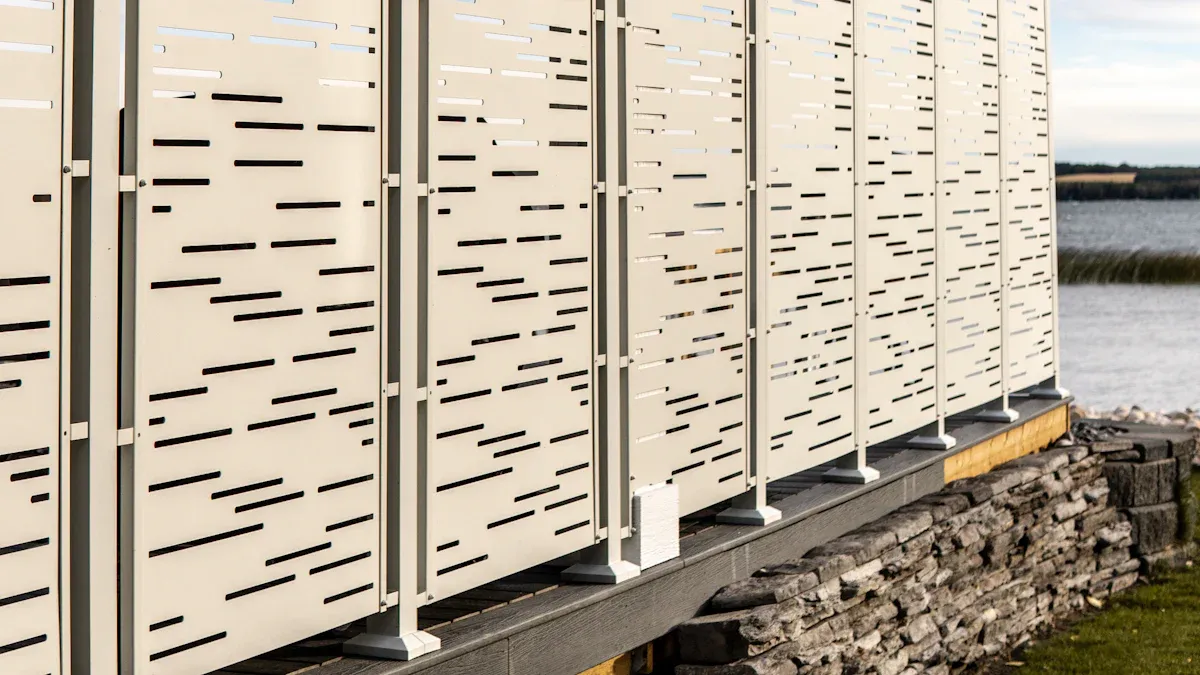
Choosing the Right Fence
You want to block neighbors from seeing into your yard. Picking the right fence makes a big difference. Security experts say some fences work better than others for privacy. Here are some top choices:
- Wood fences look natural and block views well.
- Vinyl fences last a long time and need little care.
- Composite fences use recycled materials and give strong privacy.
- Metal fences look modern but may not block views as much.
- Mixed-material fences combine wood, metal, or vinyl for style and function.
- Living screens, like hedges or bamboo, grow thick and tall to block sight.
- Privacy screens, made from fabric or mesh, can boost your fence’s coverage.
Think about your yard, your budget, and how much privacy you want. Some people like the look of wood, while others want something easy to clean. Living screens add green space and help the environment.
Tip: Check your local rules before you install privacy fences. Some places have height limits or style rules.
Installation Tips
You can install privacy measures yourself or hire a pro. If you do it yourself, measure your space first. Mark where each post will go. Dig holes deep enough so the fence stands strong, even in wind or rain. Use a level to keep everything straight. For living screens, plant shrubs or bamboo close together for the best coverage.
Ask your neighbor if you need to share the fence line. This keeps things friendly. Try mixing methods for even better results. When you use the right solutions, you get privacy and peace of mind.
Use Privacy Screens or Walls to Block the Security Camera
Types of Privacy Screens
You have many options when you want to block neighbors from seeing into your space. Privacy screens come in different sizes, styles, and prices. Some look like fences, while others use artificial plants for a natural look. Here are some of the most popular choices:
| Product Name | Size | Rating | Price |
|---|---|---|---|
| iCover Privacy Screen | 4x50ft | 4.5 out of 5 stars | $35.99 |
| Sunnyglade Privacy Screen | 6x50ft | 4.6 out of 5 stars | $44.63 |
| UPGRADE Privacy Screen | 6x50ft | 4.5 out of 5 stars | $43.99 |
| Shade&Beyond Privacy Screen | 4x50ft | 4.6 out of 5 stars | $39.88 |
| Patiobay Privacy Screen | 6x50ft | 4.6 out of 5 stars | $40.84 |
| DearHouse Artificial Ivy Screen | 118x39.4in | 4.2 out of 5 stars | $37.99 |
| SUNNY GUARD Balcony Screen | 3x10ft | 4.6 out of 5 stars | $16.99 |
| DenForste Privacy Screen | 6x50ft | 4.4 out of 5 stars | $43.99 |
You can see that most screens have high ratings and come in different sizes. Some use fabric, while others use plastic or artificial leaves.
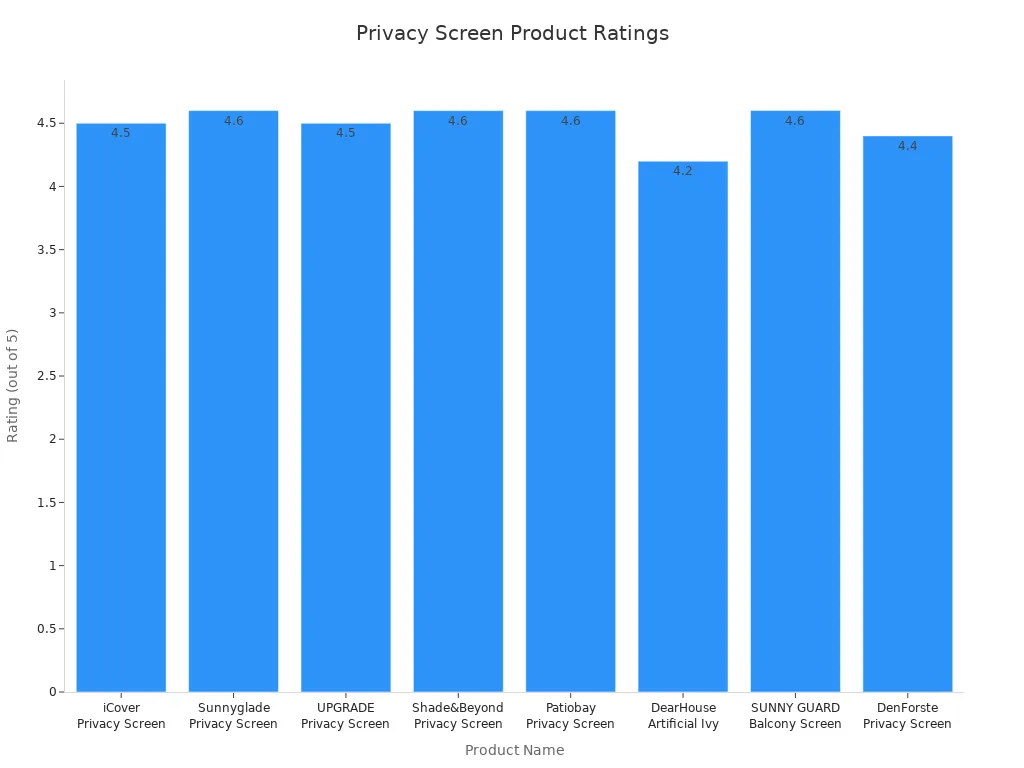
Placement and Effectiveness
You want your privacy screen to work well. Place it where the neighbor’s camera points. Measure the area first. Make sure the screen is tall enough to cover the camera’s view. If you use a wall, check that it does not block sunlight or make your yard feel closed in.
Some methods work better than others. A thick screen or wall blocks more than a thin one. Artificial ivy screens look nice and blend with plants. You can also use screens on balconies or patios. Try to match the style to your home for a neat look. With the right placement, you protect your privacy and enjoy your outdoor space.
Install Anti-Surveillance Curtains or Shades
Best Materials for Blocking a Neighbor's Security Camera
You want to keep your home private. Anti-surveillance curtains or shades help with this. The best ones block sunlight and stop cameras from seeing in. Many people pick 100% PVC backed polyester. This material blocks views and lasts a long time. Some curtains are fire rated and easy to put up. You can also get custom sizes for your windows.
Here’s what makes these curtains special:
| Feature | Description |
|---|---|
| Material | 100% PVC backed Polyester |
| Blackout Capability | Blocks visibility from prying eyes and sunlight |
| Fire Rating | Fire Rated to NFPA701-1 requirements |
| Customization | Customizable options available |
| Installation | Easy installation without hardware or drilling |
Tip: Blackout curtains give you the most privacy. They block light and make it hard for cameras to see inside.
Setup and Maintenance
You can put up anti-surveillance curtains or shades yourself. You can also hire someone to do it. Most do not need drilling or special tools. Just hang them and cover your windows. DIY curtains cost about $400 to $600. If you hire a pro, it can cost up to $2,000. Shades for eight windows cost $685 to $1,310 with labor and hardware. Curtains last about 3 to 5 years. Cellular and Roman shades last 5 to 7 years. Clean them with a vacuum or damp cloth. This keeps them looking new. With the right setup, you keep your privacy and feel safe at home.
Plant Tall Trees or Shrubs to Block Neighbor's Security Camera

Fast-Growing Privacy Plants
If you want to block neighbors from seeing into your yard, plant trees and shrubs that grow fast and tall. These plants create a green wall that gives you privacy and looks great, too. Some of the best choices include:
- Emerald Green Arborvitae grows up to 12 to 15 feet tall. It forms a thick, neat hedge.
- Skip Laurel reaches about 12 to 15 feet. Its leaves stay green all year, so you get privacy in every season.
- Green Giant Arborvitae grows even faster and can reach 20 to 30 feet. This one works well if you need to block a neighbor’s camera quickly.
- Leyland Cypress also grows 20 to 30 feet tall. It is perfect for bigger yards and gives you a lot of coverage.
🌱 Tip: Mix different types of trees and shrubs for a natural look and better coverage.
Planting and Care
You do not need to be a gardening expert to plant trees and shrubs for privacy. Start by picking a spot where the neighbor’s camera points. Dig holes twice as wide as the root ball. Place each plant in the hole and fill it with soil. Water them well after planting. Add mulch to keep the roots cool and moist.
Water your new plants often, especially in the first year. Trim them once or twice a year to keep them healthy and thick. If you want to block neighbors fast, choose young plants that grow quickly. With a little care, your green barrier will thrive and give you the privacy you want.
Apply Privacy Film to Windows
How Privacy Film Blocks the Security Camera
You want to keep your home private and stop your neighbor’s security camera from seeing inside. Privacy film is a smart way to block neighbors and protect your space. When you put privacy film on your windows, it changes how much people can see through the glass. Some films make your windows look frosted, while others add a dark tint or even a mirror effect. Here are some types you can choose:
- Reflective window film acts like a two-way mirror. It gives you privacy during the day by bouncing sunlight back. At night, it works less well if your lights are on.
- Tinted window film comes in different shades. The darker the tint, the harder it is for anyone to see inside.
- Translucent window film looks like frosted glass. It blurs shapes but still lets light in.
- Opaque window film blocks all visibility and light. This gives you the highest level of privacy.
You can pick the film that fits your needs and style. Privacy film helps you feel safe and comfortable at home.
Application Steps
Applying privacy film is easy, and you do not need special tools. First, clean your window so the film sticks well. Measure your window and cut the film to fit. Peel off the backing and spray a little water on the glass. Place the film on the window and smooth out any bubbles with a squeegee or a credit card. Trim the edges if needed.
Here’s a quick look at the cost:
| Cost Type | Price Range |
|---|---|
| Price Per Square Foot of Film | $2 - $14 |
| Price Per Square Foot Installed | $7 - $24 |
| Premium Window Film Installations | $8 - $18 (average $10-$12) |
Most privacy films last for years. You can clean them with a soft cloth. If you want to block neighbors and keep your privacy, privacy film is a simple and affordable choice.
Adjust Outdoor Lighting to Block the Security Camera
Using Lights to Obscure Camera View
You can use outdoor lighting to protect your privacy from a neighbor’s security camera. Bright lights work well at night. When you shine a strong light toward the camera lens, you make it hard for the camera to see your yard. The camera may only capture a bright glare or a washed-out image. This trick helps you block neighbors from watching your space after dark.
Here are some ways you can use lighting to your advantage:
- Place a spotlight or floodlight so it points directly at the camera.
- Use motion-activated lights that turn on when someone walks by.
- Try solar-powered lights if you want an easy setup.
Tip: Make sure your lights do not bother other neighbors or shine into their windows. Always check local rules before you install new lights.
Types of Lights
You have many choices for outdoor lights. Each type works a little differently. Some lights are better for blocking cameras than others. Here is a quick table to help you pick:
| Light Type | Best Use | Special Feature |
|---|---|---|
| Floodlight | Wide area coverage | Very bright |
| Spotlight | Focused on one spot | Easy to aim |
| Motion Sensor | Turns on with movement | Saves energy |
| Solar Light | No wiring needed | Eco-friendly |
Pick the light that fits your yard and your needs. With the right setup, you can enjoy more privacy and feel safe at home.
Use Decorative Objects to Block Neighbors Security Camera
Creative Barriers and Placement
You can get creative when you want to block neighbors from seeing into your yard. Decorative objects do more than just look nice—they help protect your privacy, too. Here are some ideas you might like:
- Plant evergreen trees in different shapes and sizes. These trees stay green all year and make a natural wall.
- Place a basketball hoop or a small shed in the right spot. These objects can block the camera’s view and give your family more ways to have fun.
- Add a fence extension, about one foot high, to your current fence. This small change can make a big difference.
- Group tall shrubs or trees together. They work well to stop a camera from seeing into your space.
- Hang bamboo curtains or put up a yard shade sail. These options look stylish and keep your area private.
Try moving these objects around until you find the best spot. You want to block the camera’s line of sight without making your yard feel crowded.
Safety and Aesthetics
When you set up barriers, safety comes first. Always keep your decorative objects on your own property. Never touch or damage your neighbor’s camera. That can get you into legal trouble. Avoid using lasers or bright lights aimed at the camera. These tricks can be unsafe and may break the law.
Here are some safety tips to remember:
- Do not climb into your neighbor’s yard to move or cover their security system.
- Stay away from chemical solutions or anything that could hurt someone.
- Use moving objects like flags to disrupt the camera’s focus. This method is safe and does not cause damage.
Pick objects that match your yard’s style. You want your space to feel welcoming and private at the same time. With the right choices, you can enjoy your yard and keep your privacy safe.
Mediation and Third-Party Help for Blocking a Neighbor's Security Camera
When to Seek Mediation
Sometimes, talking to your neighbor does not solve the problem. You might feel stuck or worried about your privacy. If you have tried to fix things but still feel uncomfortable, it could be time to ask for help. Mediation works well when you want to block neighbors from recording your yard but want to avoid a big argument. You can use mediation if:
- You and your neighbor cannot agree about the camera.
- You feel nervous or upset when you talk about the issue.
- You want a fair solution without going to court.
Note: Mediation helps both sides share their feelings and find a way to move forward.
How Mediation Works
Mediation brings in a neutral third person called a mediator. This person does not take sides. The mediator listens to you and your neighbor. You both get a chance to talk about your concerns. The mediator helps you find a solution that works for everyone. You might agree to move the camera, add a fence, or set up new rules for privacy.
Here’s what usually happens in mediation:
- You meet with the mediator and your neighbor.
- Each person explains their side.
- The mediator guides the talk and keeps things calm.
- You work together to find a solution.
Mediation often feels less stressful than court. It helps you keep peace in your neighborhood and protect your privacy.
Consider Legal Action for Blocking a Neighbor's Security Camera
When to Consult a Lawyer
Sometimes, you try many ways to block neighbors from watching your yard. But nothing seems to work. If you feel your privacy is not safe, you may need to talk to a lawyer. A lawyer can explain your rights and the laws in your area. In the United States, there is no main law that promises privacy. But the Supreme Court says people have some privacy rights from different amendments. State laws or court cases might let you sue if a neighbor’s camera invades your space. If a camera points at private places, like your bedroom or bathroom, it could break the law. You might get money or have the camera taken down.
Note: Advanced security systems, like the Botslab Advanced AI Tech 4K Battery 4-Cam System W510, are allowed for people who own property. Still, everyone must respect privacy rights.
Documenting Privacy Violations
If you want to take legal action, you need good proof. Start by keeping clear records. Here are some things that help:
- Take pictures or videos of the camera setup.
- Save times and dates of any recordings that show your property.
- Keep notes of all talks or messages with your neighbor.
These steps make your case stronger. You can show the court how the camera affects your life. Good records help you get the results you want and keep your privacy safe.
Alternative Privacy Solutions
Using Technology for Privacy
You can use more than fences or plants. Technology helps you keep your space private. Some security cameras have privacy zones. These zones block parts of the camera’s view. Privacy masking can blur or pixelate areas. This keeps your yard private, even if a camera points at it.
Here are some tech tools you can use:
- Privacy masking blurs parts of what the camera sees.
- Privacy zones block areas you want to keep private.
- Custom privacy masks let cameras focus only on important spots.
If your neighbor has a smart camera, ask them to use these features. This helps both of you feel safe and comfortable.
Combining Multiple Methods
One idea may not be enough. You can mix different ways to block neighbors and protect your privacy. Try a privacy fence with tall shrubs. Put up curtains inside and add decorations outside. Use privacy film on windows and outdoor lights to shield your space.
Here are some ways to mix methods:
- Use a privacy screen with fast-growing plants.
- Put curtains and privacy film on your windows.
- Add outdoor lights and move garden art around.
When you use more than one method, it is much harder for people to see into your yard. You can relax and enjoy your home without worrying.
You want to keep your privacy safe, but you must follow the law. Always try talking to your neighbor first and use easy solutions.
When you try to block neighbors' security cameras, think about what is legal. Security cameras are also your neighbor’s property. If their cameras are set up on their own land, it can be hard to block them.
Most of the time, using things like lasers, bright lights, or spray paint to block cameras is against the law. You could get in trouble with the police or be taken to court. If you cut wires or break into the camera system, it might count as damaging someone’s property.
So, before you try to stop neighbors' security cameras from recording you, learn about the rules where you live. Ask a lawyer if you are not sure.
Pick smart ways to protect your privacy and feel safe at home.
FAQ
Can I block neighbors security camera without breaking the law?
You can use fences, plants, or privacy screens on your property. Always check local rules before you try to block neighbors.
What should I do if my neighbor refuses to move their camera?
You can talk again or try mediation. If you still feel your privacy is at risk, you might want to ask a lawyer for advice.
Will privacy film stop all cameras from seeing inside my house?
Privacy film helps a lot during the day. At night, you should close curtains or blinds for better protection from your neighbor’s camera.




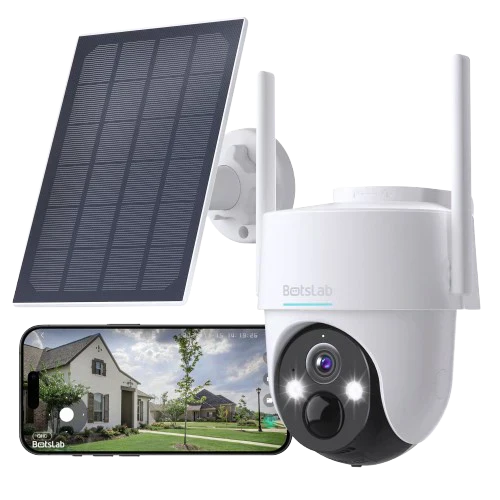
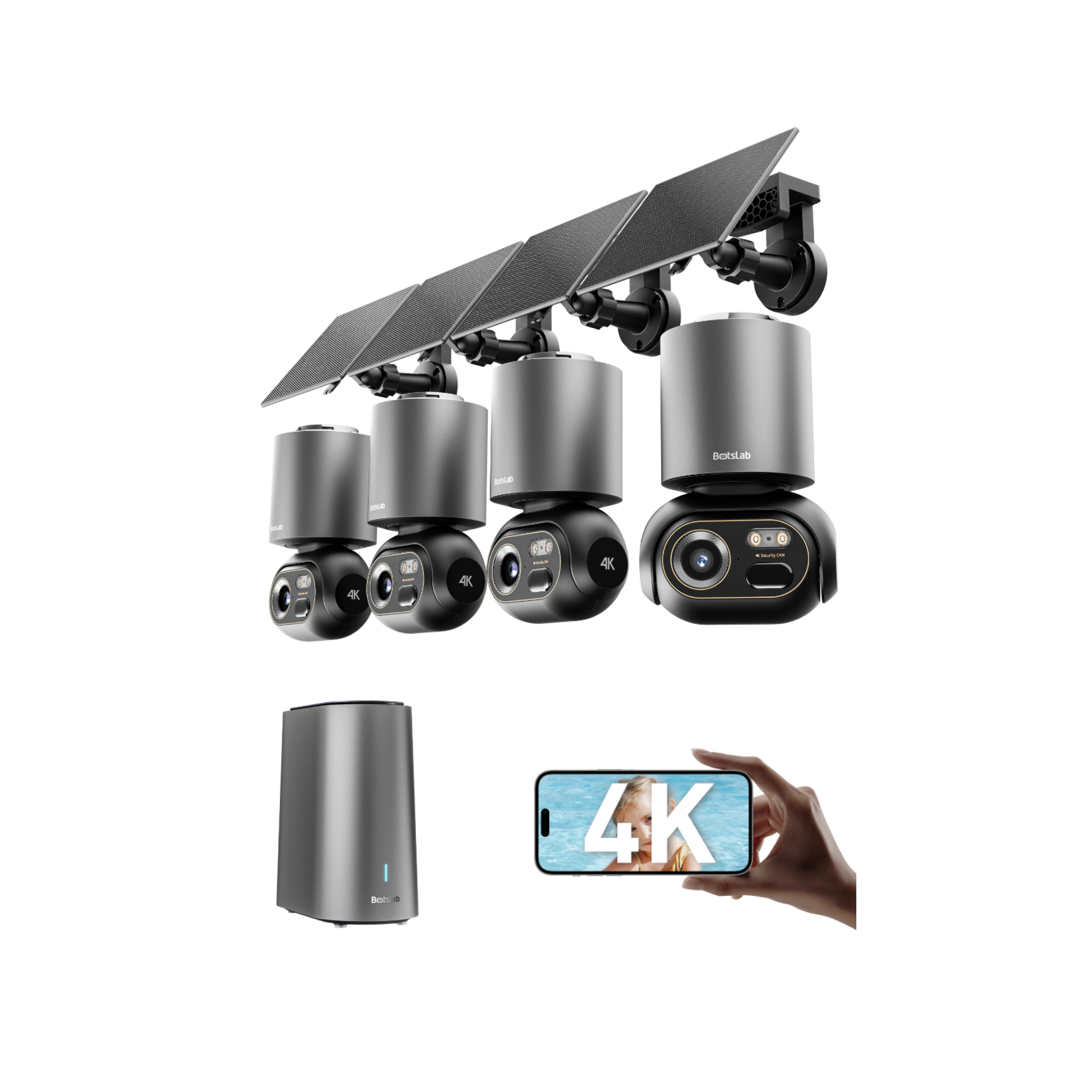
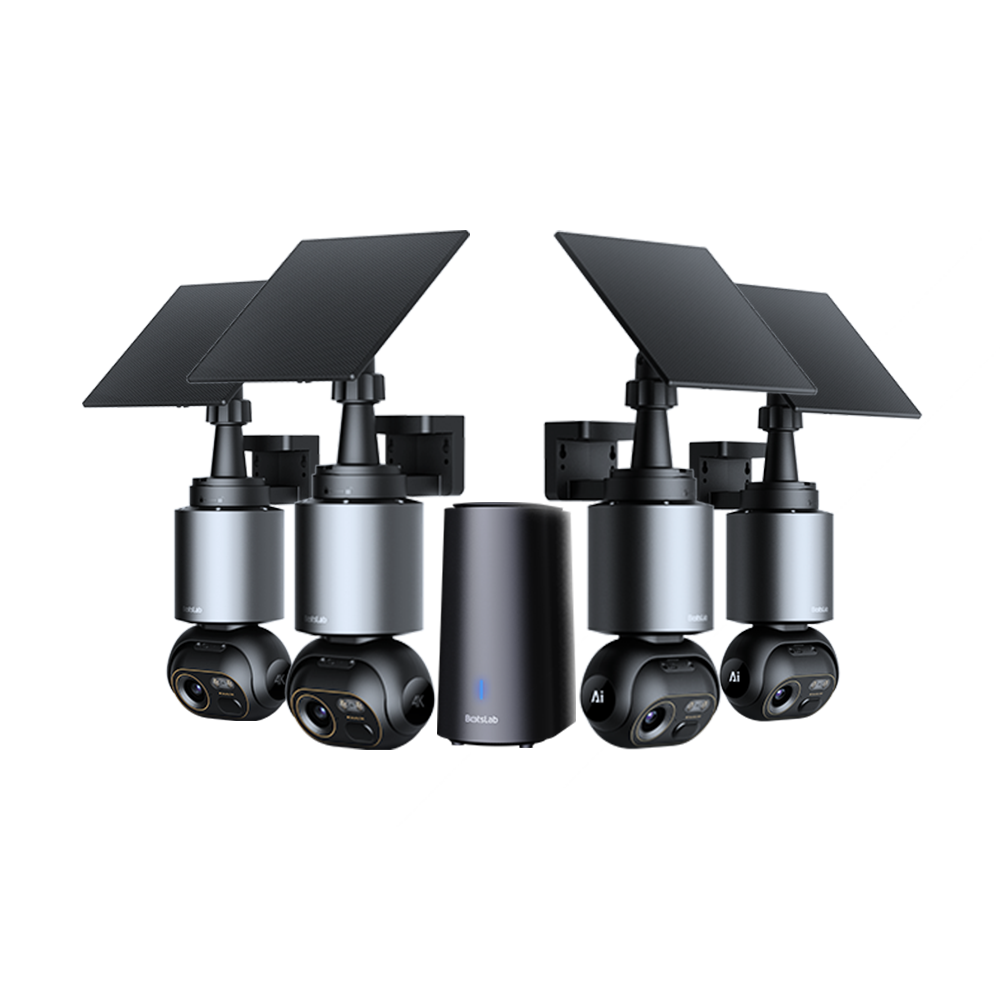
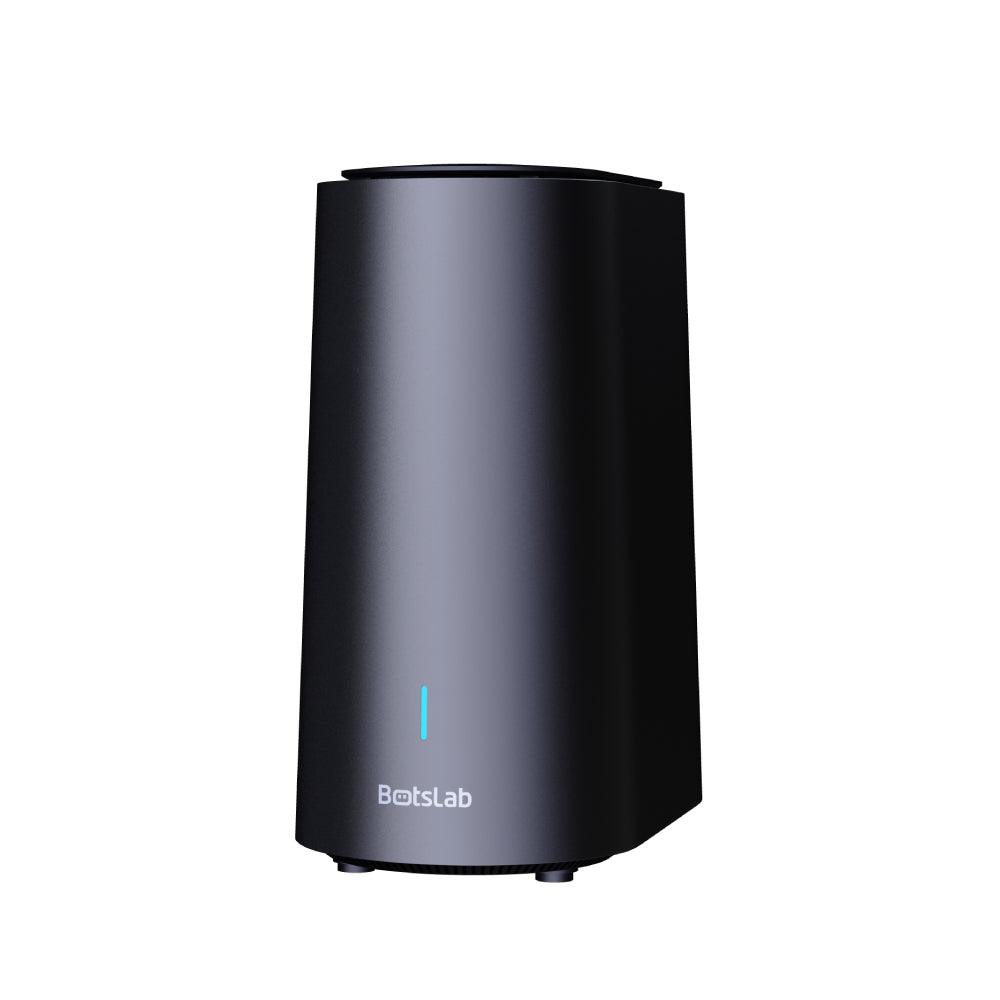
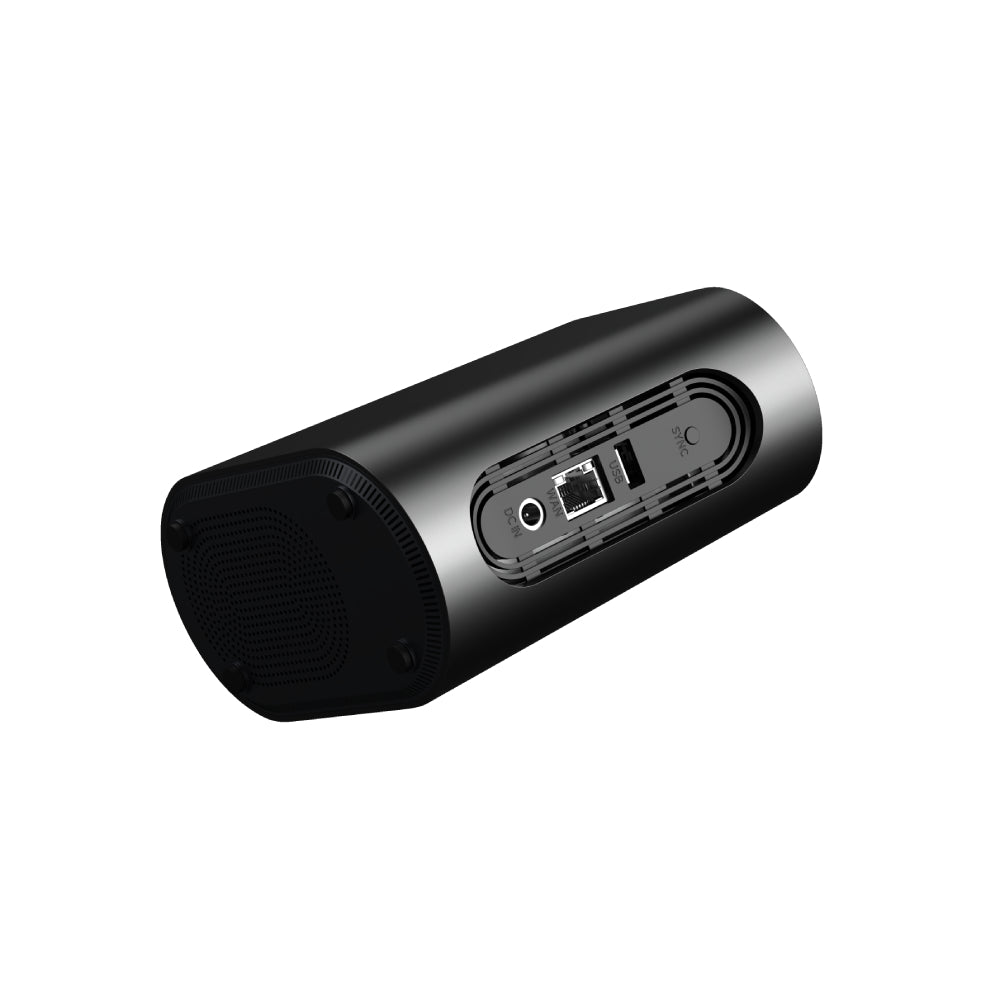









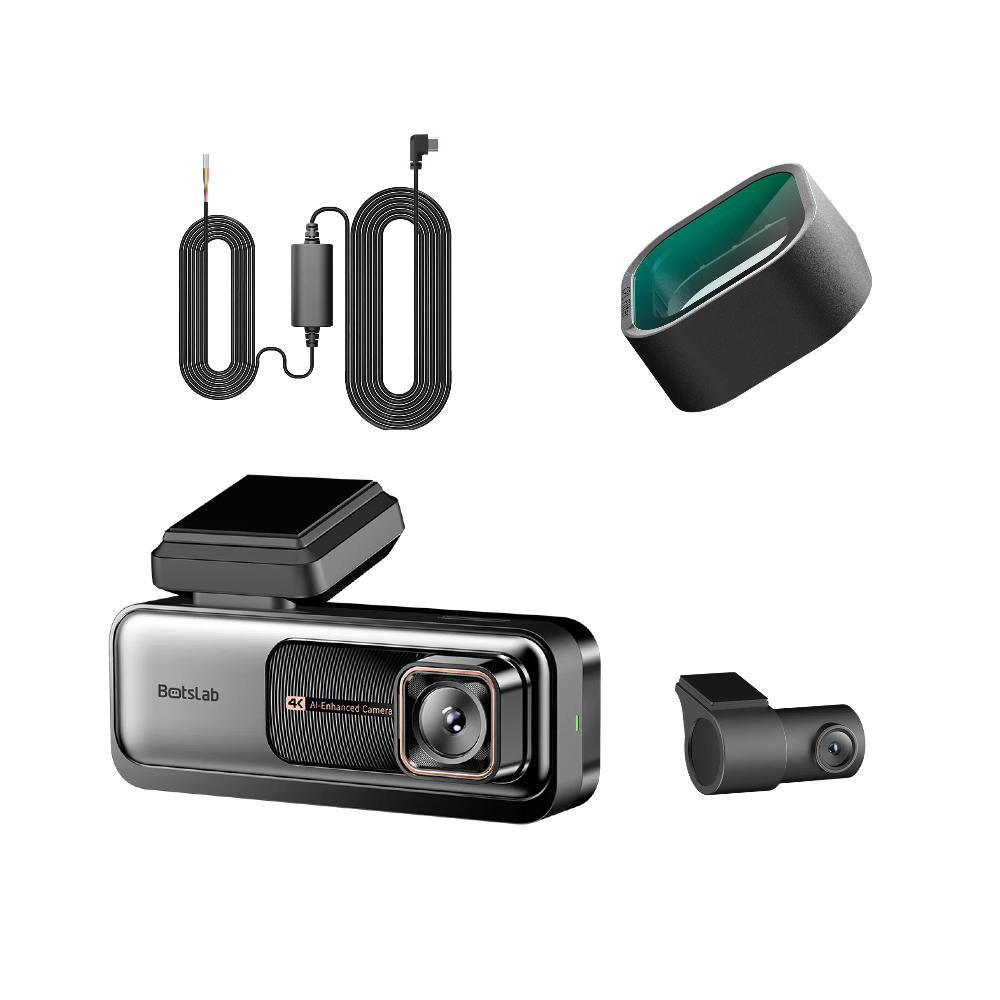
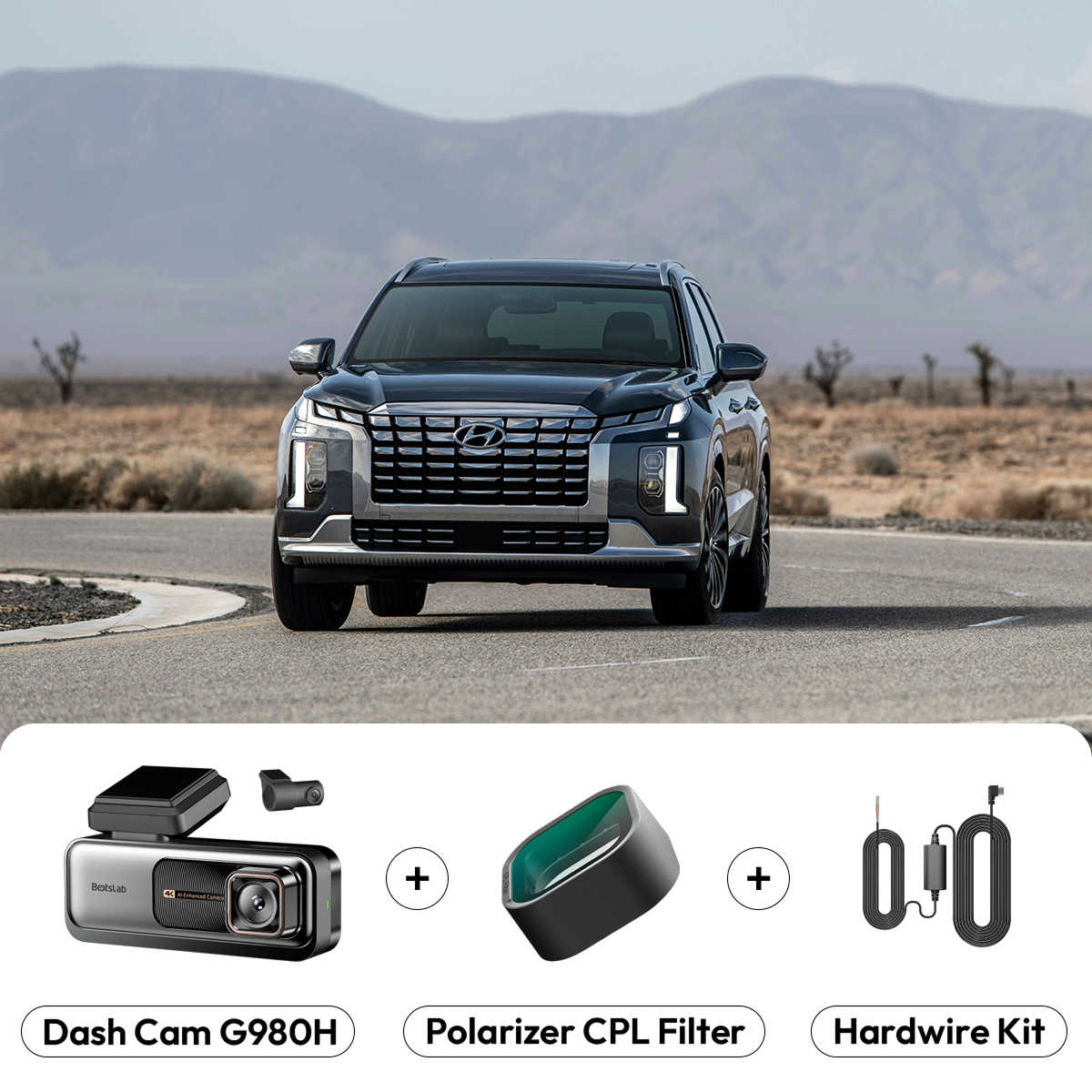

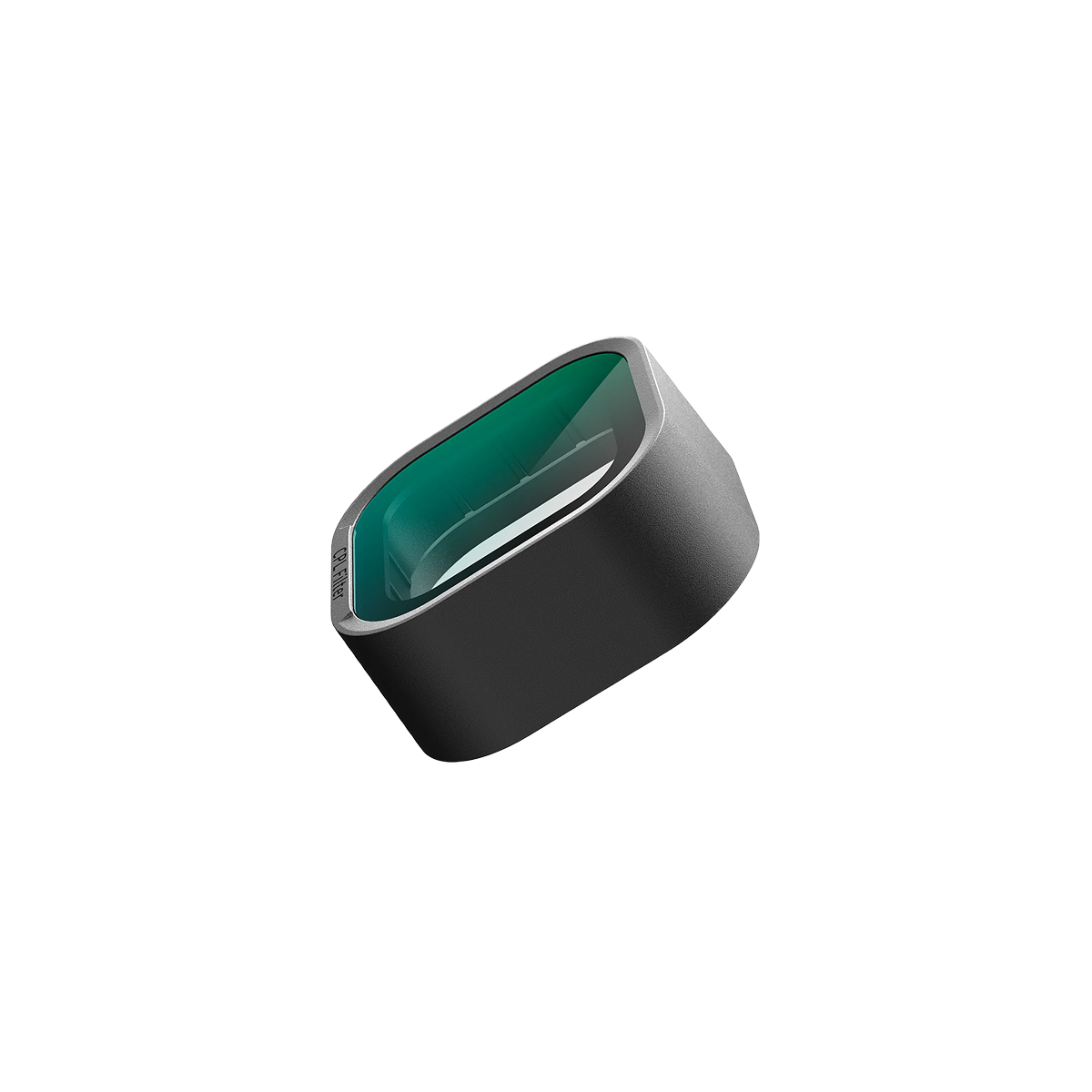



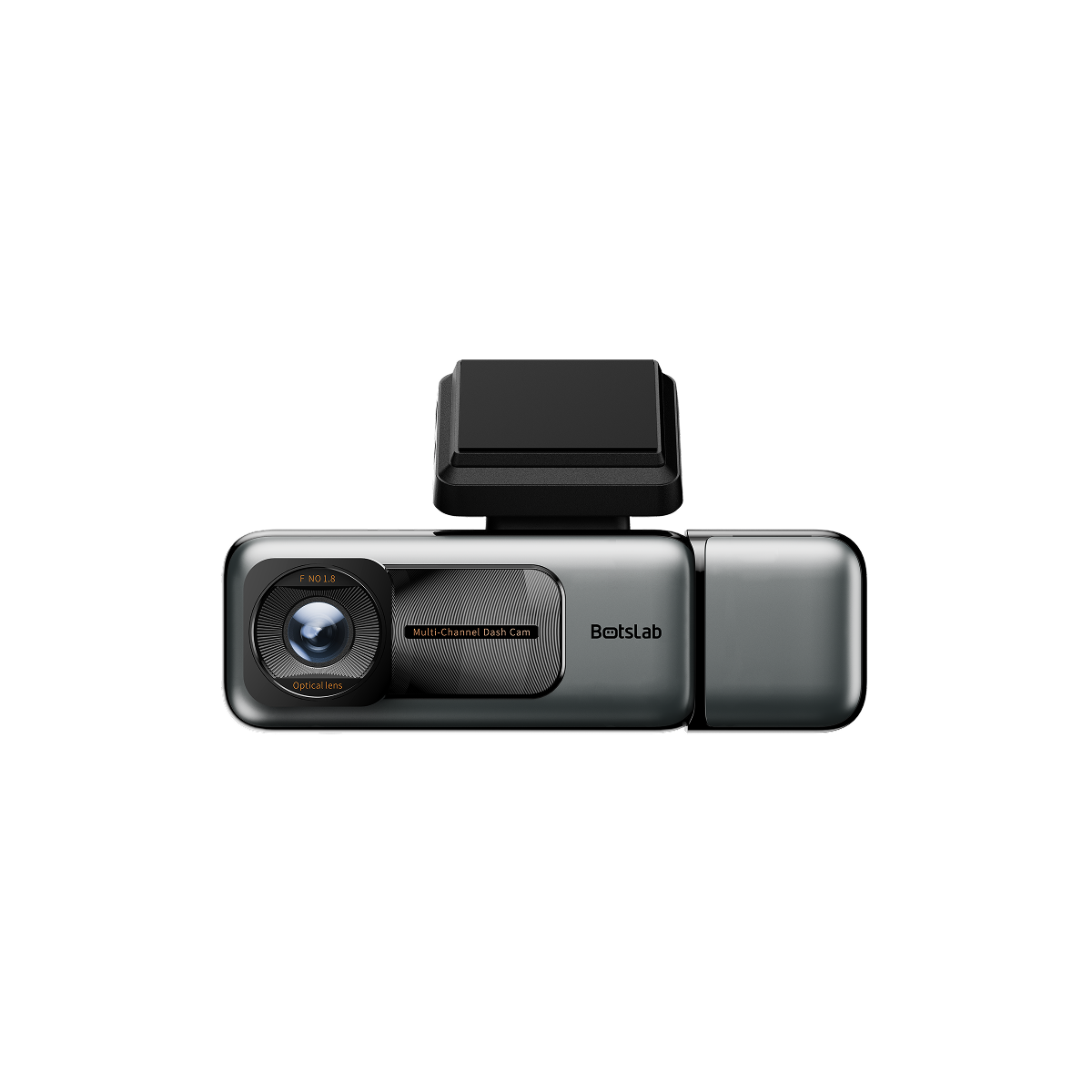
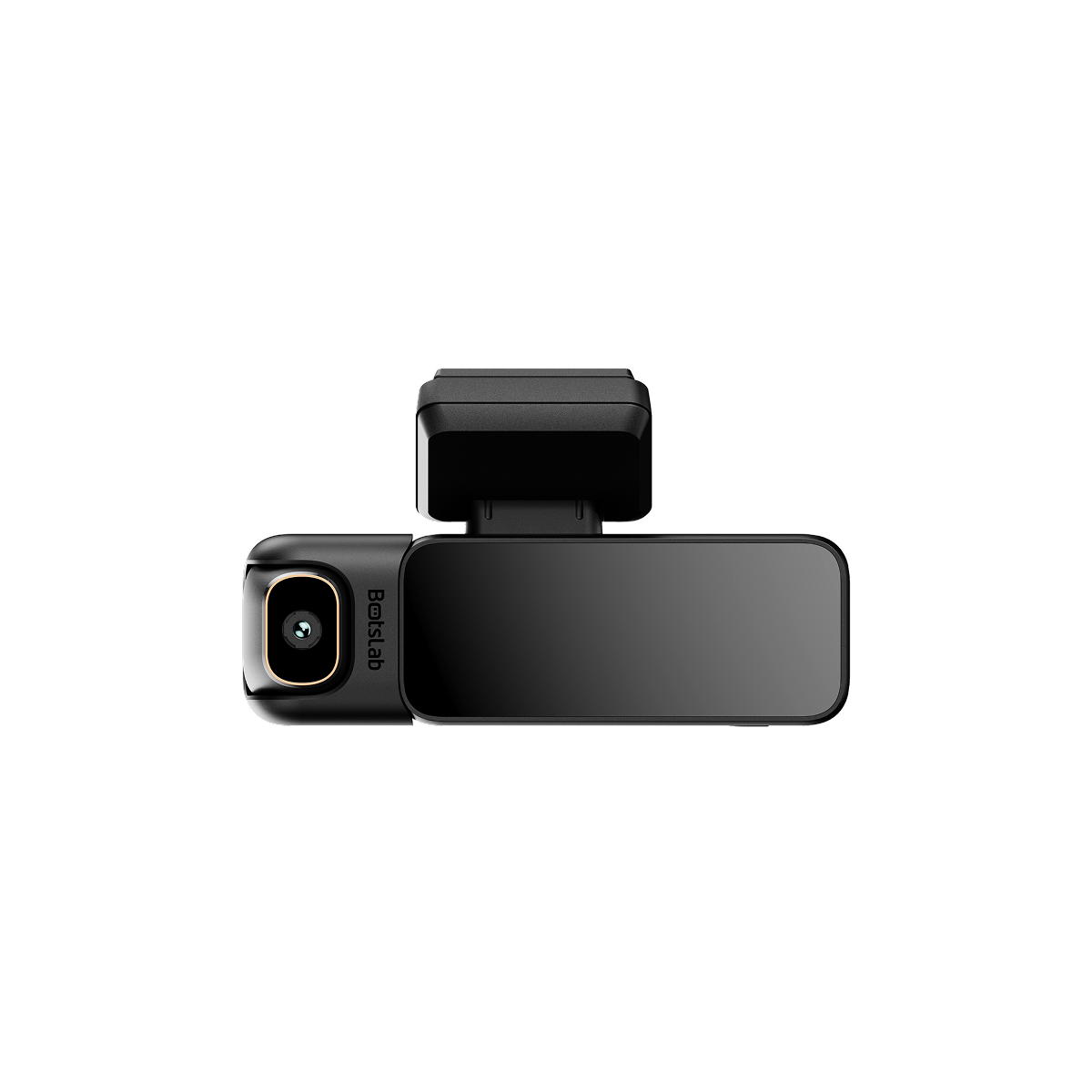
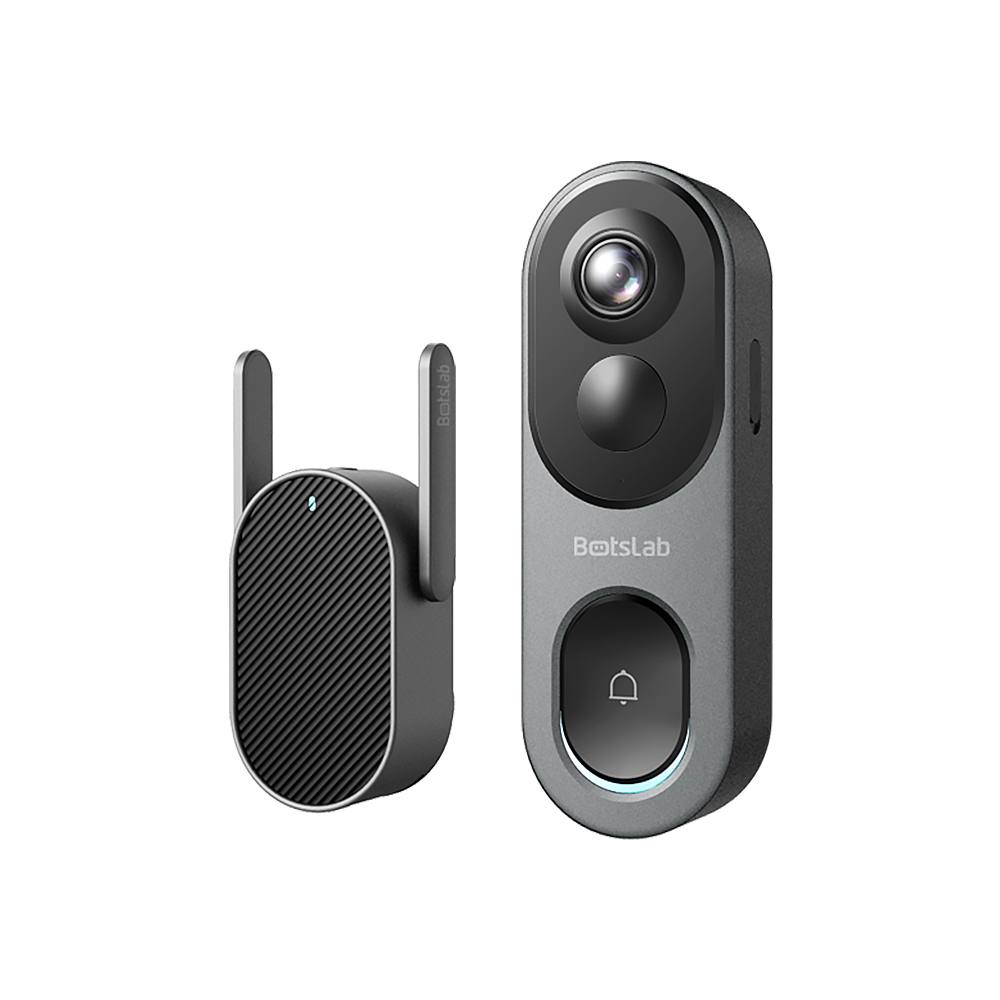


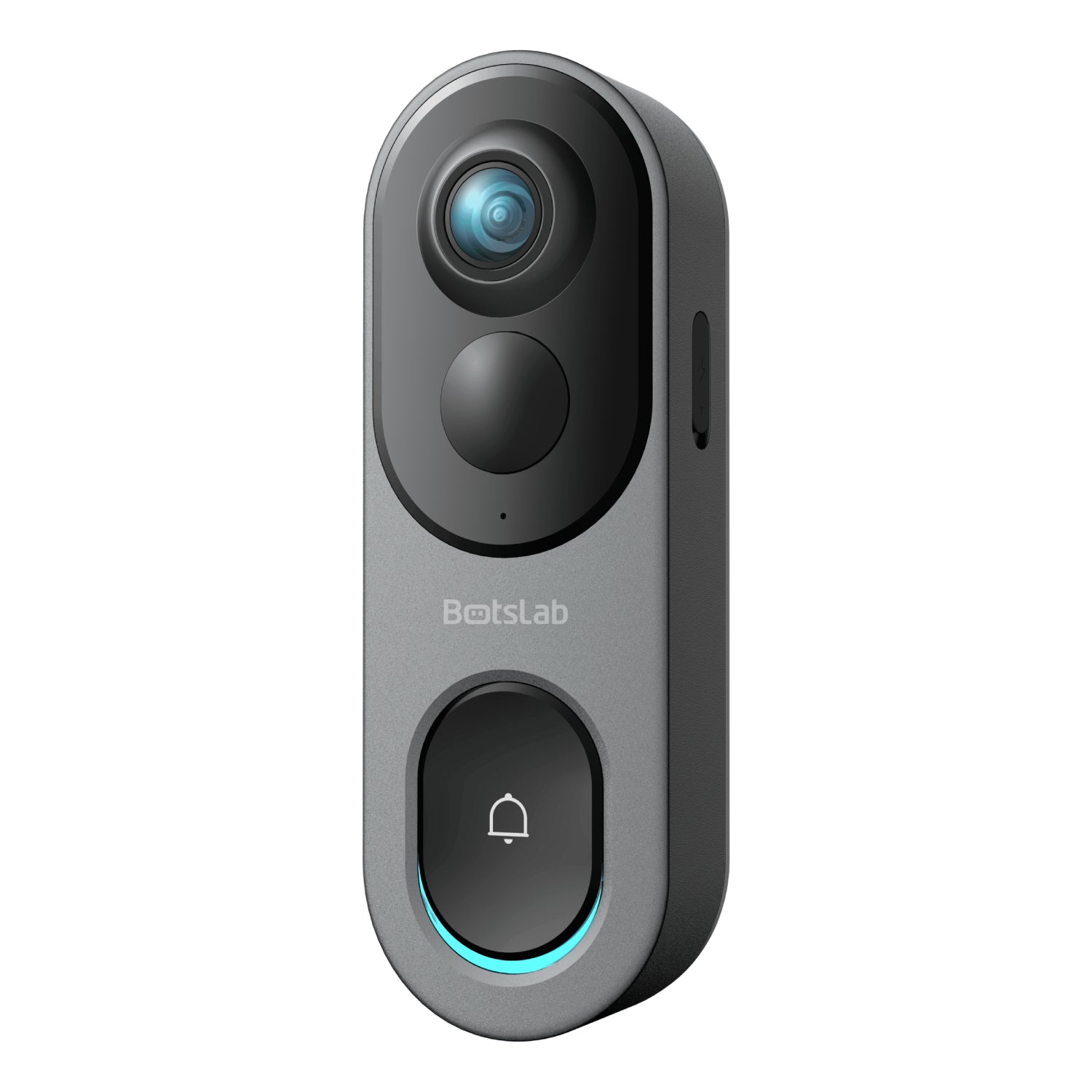


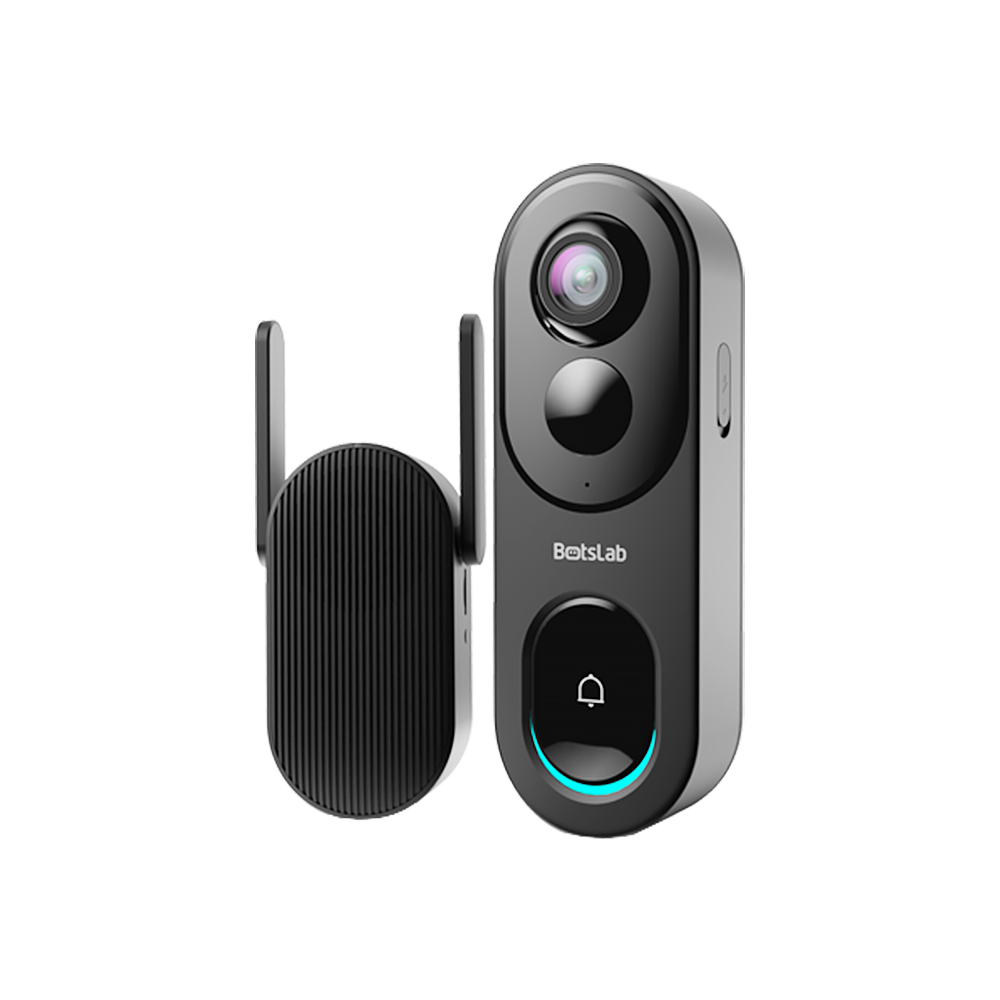
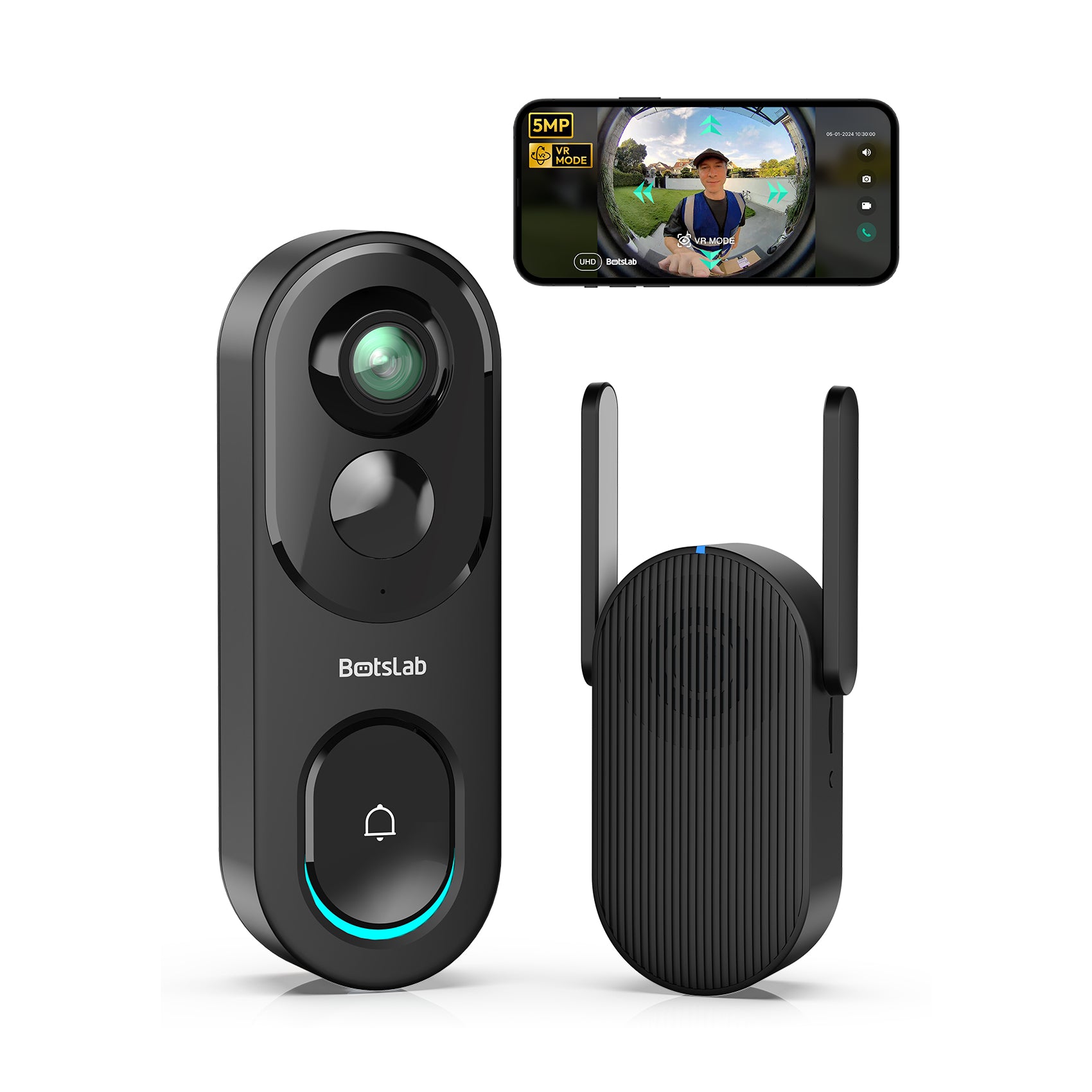
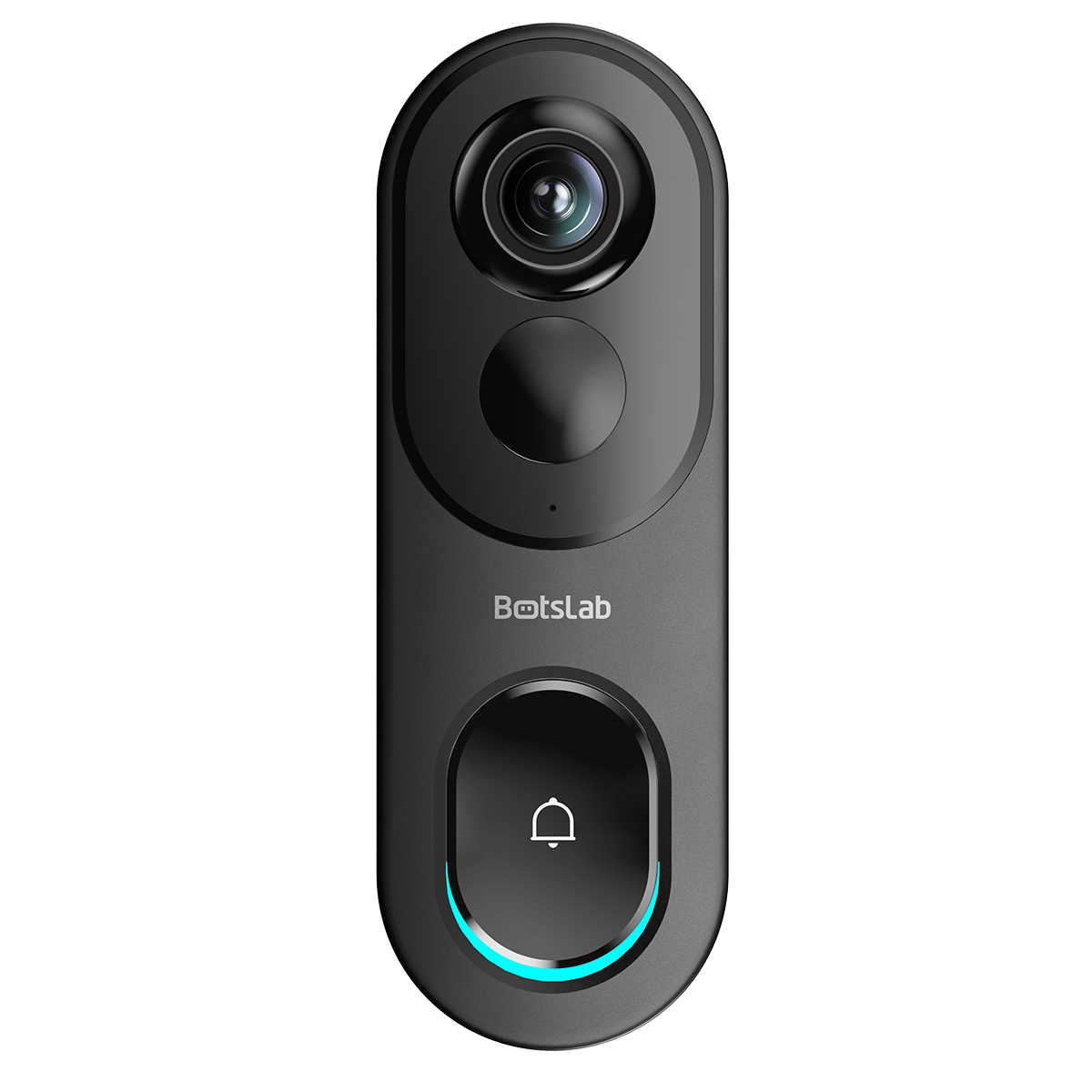
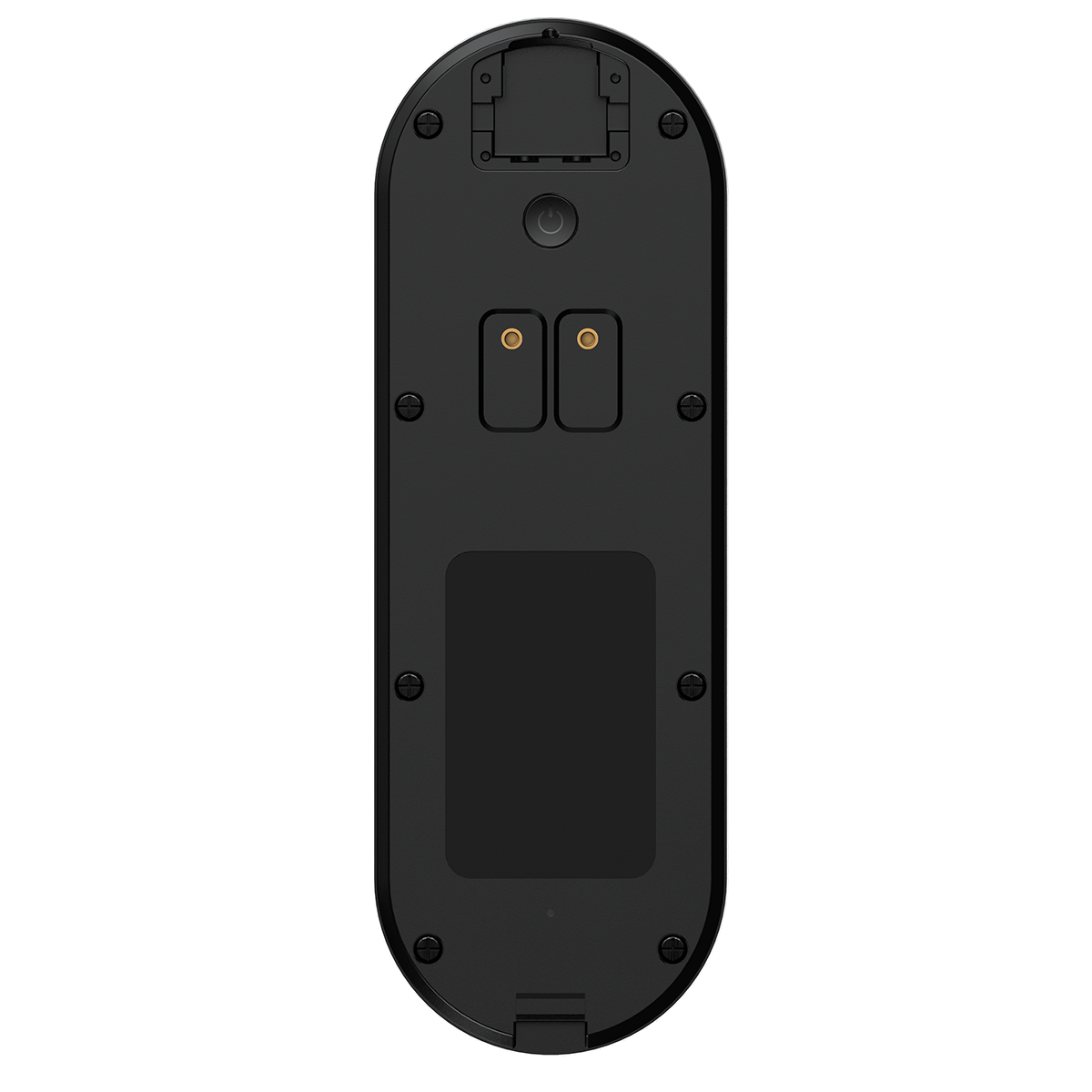
Share:
Top Picks for Wireless Outdoor Security Cameras With No Subscription Needed
How to stream live video from your security camera